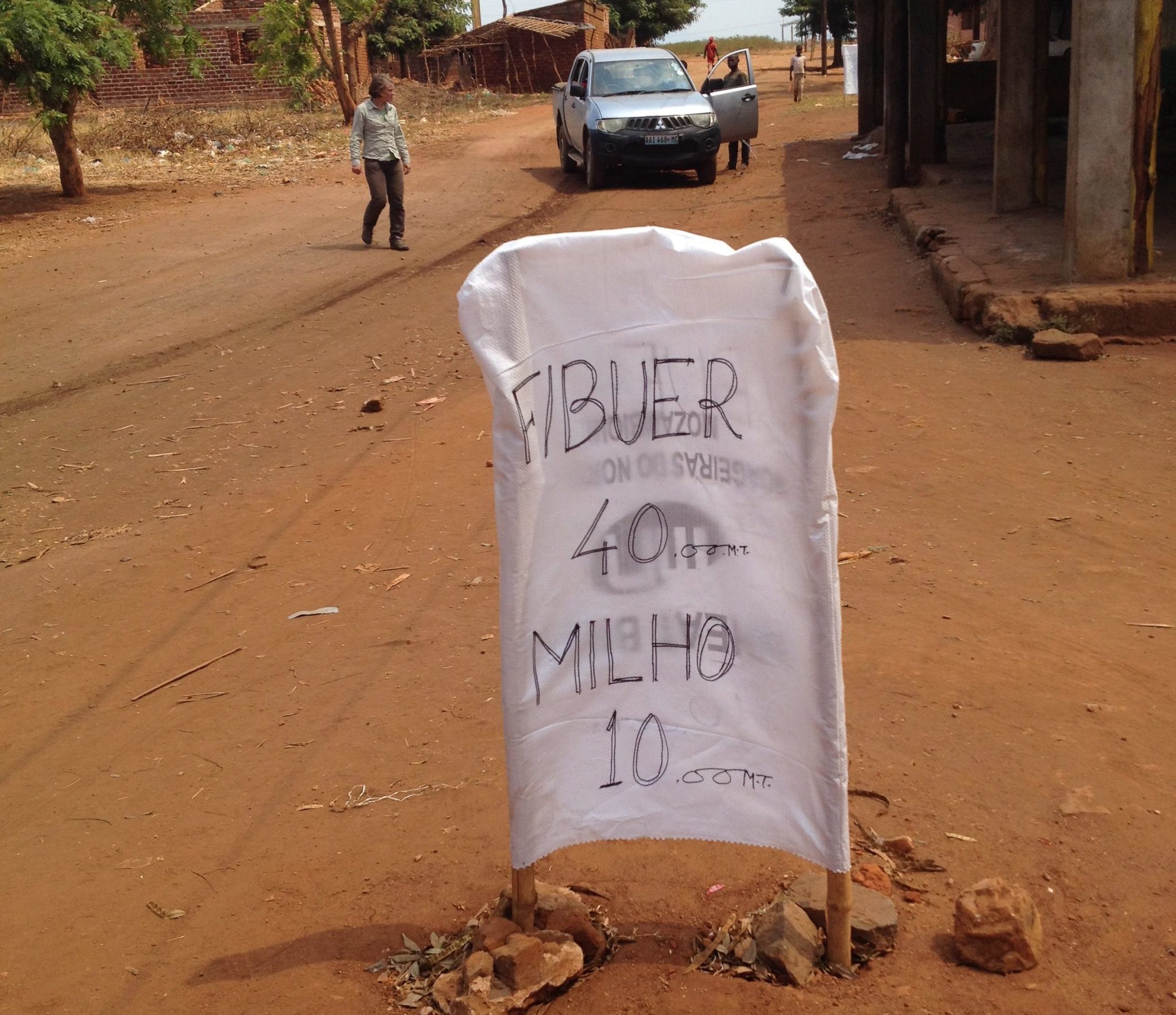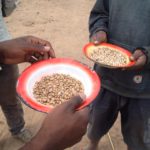Comparing soya production models in central Mozambique

This just out on the impact of commercial soya production in Gurué, Zambézia:
Baumert, S., Fisher, J., Ryan, C., Woollen, E., Vollmer, F., Artur, L., Zorrilla-Miras, P. & Mahamane, M. (2019) Forgone opportunities of large-scale agricultural investment: A comparison of three models of soya production in Central Mozambique. World Development Perspectives, 16, 100145. https://doi.org/10.1016/j.wdp.2019.100145
- Production of a wide variety of beans is part of an unusually profitable small holder sector
- Butter beans being bought be small shops are a key feature of the local agric. economy
- Easy market access for small holders is linked to the presence of the larger scale operations
- The large scale agricultural operations sit alongside memories of Mozambique’s civil war
- All around Gurúe, new agricultural developments are underway
- Smallholder production is now moving up onto steeply sloping land
“The aim of this study is to compare small-scale farmers, medium-scale mechanised “emergent” farmers, and large-scale commercial operations. To do this, we critically examine and compare the outcomes of four socio-economic indicators – economic profitability, impact on food crop production, local livelihood and land conflicts – of the three soya production models.”
“The results showed better performance of small-scale and emergent farmer models over large-scale operations in terms of financial profitability, food production, local livelihood and land conflicts. A general condemnation of large-scale land investments as “land grabbers” is not justified, but our study does demonstrate that large-scale operations fail to reach local development goals and lead to localised land scarcity. Better compliance with good management practices and higher investments in social impact mitigation and community development could clearly improve their performance, but there is also a need for strong governmental regulation and guidance. Two out of three operations we studied have lost their credibility locally as well internationally; therefore transparency throughout the entire operation is important. This way, true contributions to the local economy can be tracked. Either way, the Mozambican government has to seriously examine forgone opportunities for rural development when giving land away to large investors instead of improving conditions for small- and medium-scale commercial farmers.
| Evaluation category | Small-scale farmer | Emergent farmer | Commercial operation |
|---|---|---|---|
| Economic profitability | med | high | Not yet reached |
| Impact on food crop production | low | low | med |
| Local livelihood (overall) | high | med-high | low-med |
| – Employment generation | high | med | low |
| – Impact on local economy | high | high | med |
| – Social wellbeing | med | med | n/a |
| Land conflicts | med | med | high |
This table summarises the reported findings. Each of the outcomes described is a balanced judgement of the qualitative and quantitative findings and is placed on an ordinal ranking (low, medium, high).
“Our study demonstrates that small- and medium-scale commercial farming can compete with large-scale operations in key social and economic parameters and strengthens the often repeated statement that agricultural productivity growth among local farmers can be a powerful approach for poverty reduction. Apart from the inefficiencies of large scale farming presented in this study, global trends of population growth, need for increased equity, demand for environmental protection and carbon sequestration as well as increased scarcity of water and fertile land, we foresee a limited scope for a continuation of large scale farming discourse and support. Policy decisions have a major influence on farm structure and the transformation of the rural economy, and these are decisive for the development of a strong small- and medium-scale farming sector and inclusive rural development. In Mozambique, national budget spending devoted to agriculture remains well below the target of 10% formulated in the Comprehensive Africa Agriculture Development Program, presenting a substantial leeway for policy interventions in the small-scale farming sector. Challenges with the supply of technology, finance, and locally adapted extension services, as well as the improved capacity of local populations for land negotiations and institutional arrangements need to be prioritised.”









